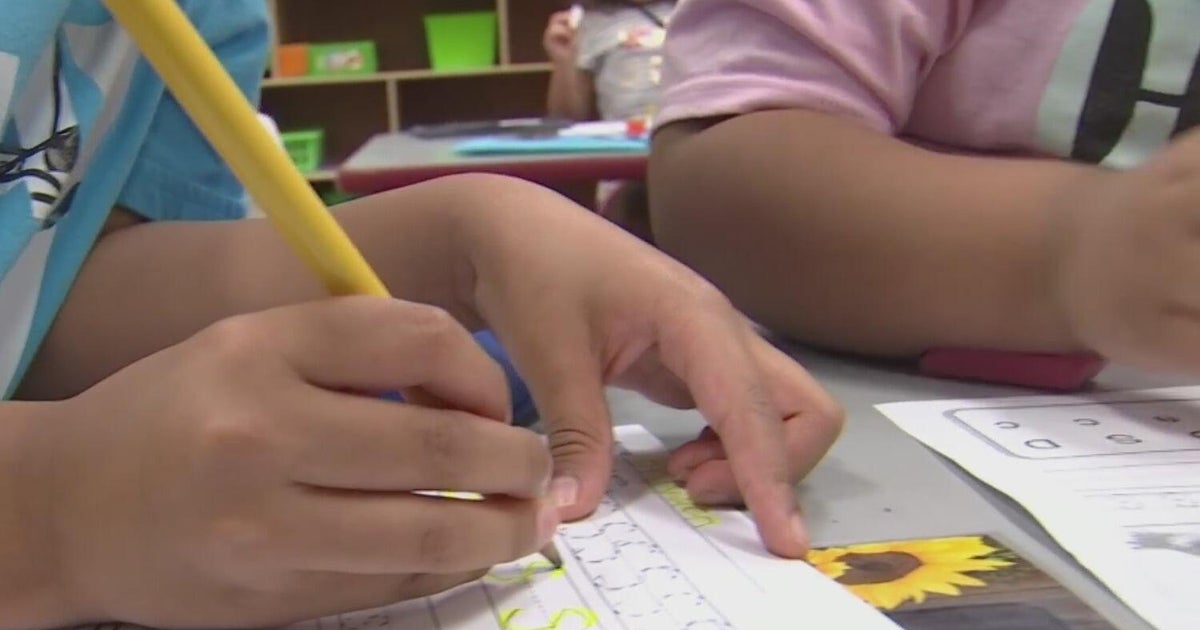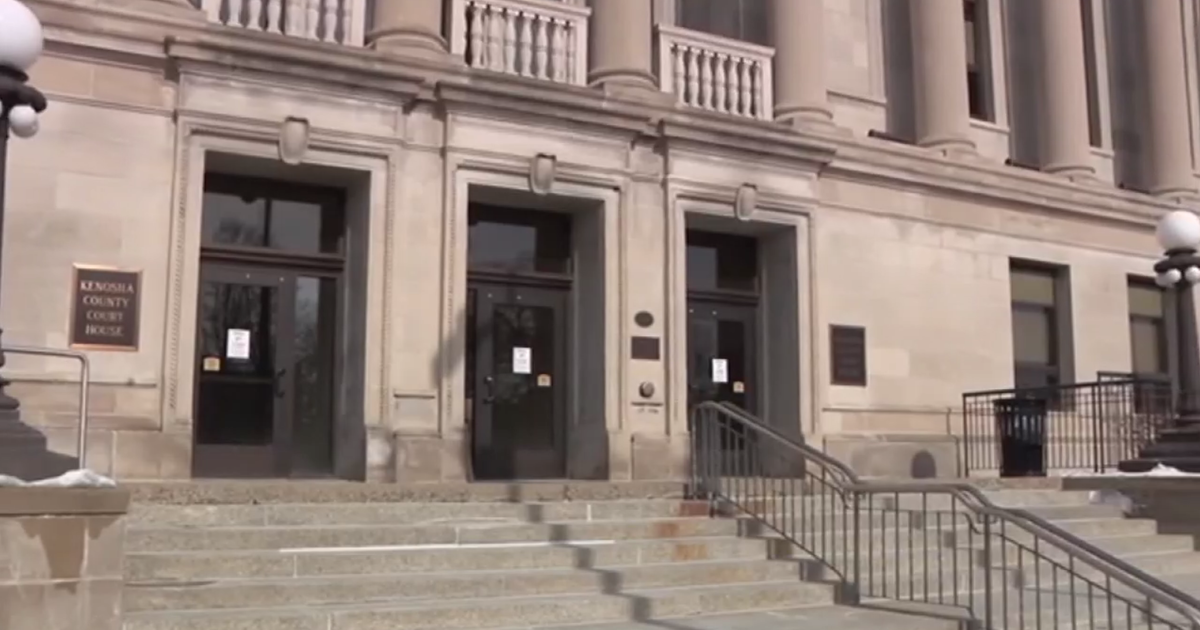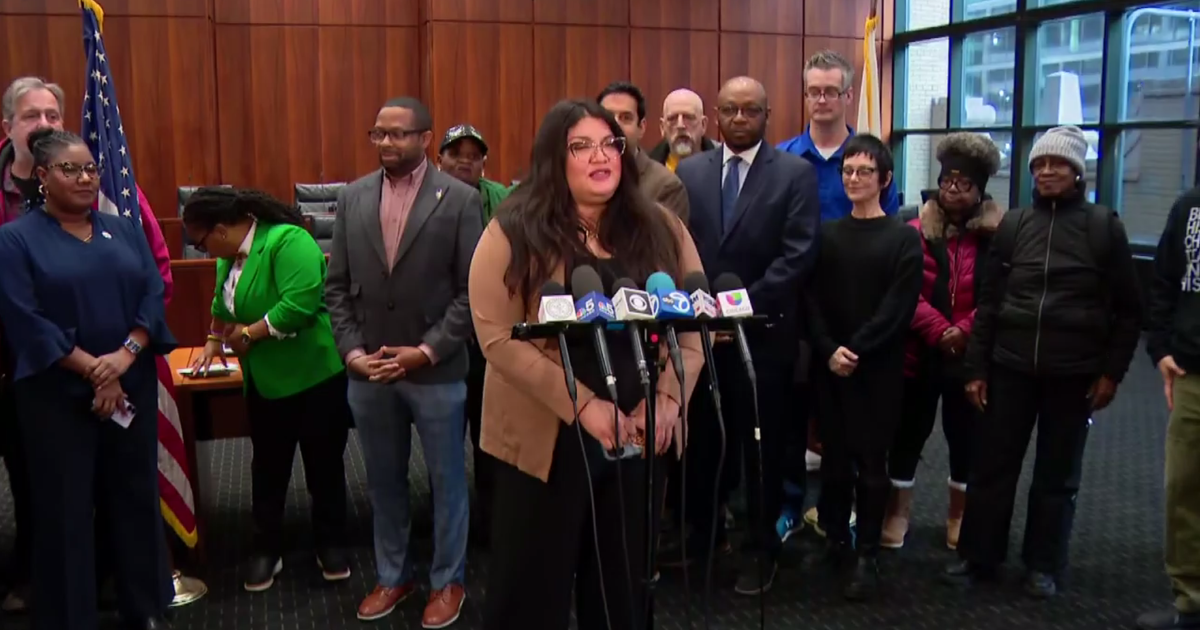Education Sanctions On Hold For A Year
TALLAHASSEE (CBSMiami/AP) — Governor Rick Scott signed a bill Monday that puts sanctions resulting from Florida's school grading system on hold for a year.
Florida education officials and politicians have refused to jettison the state's new education standards that are based largely on Common Core despite demands from activists and conservative groups.
But the Florida Legislature this spring passed measures dealing with everything from textbook approvals to a ban on school districts collecting student data like fingerprints.
"The legislation I am signing today will set Florida students and families up for education success and prevent unnecessary collection of data from our students and reaffirm that Florida school boards will select the textbooks with historic opportunities for public input," Scott said in a written statement.
The textbook bill (SB 864) signed by the Republican governor would give parents a chance to object to textbooks used at public schools. The bill was inspired by ongoing criticisms about the state's transition to new standards as well as a dispute in Volusia County over a textbook that some parents wanted pulled because of complaints that it offered a pro-Islamic worldview.
Scott also signed a separate measure (HB 7031) that would remove more than 30 mentions of Common Core that were placed into state law just a year ago.
Another education bill signed by Scott would put on hold for a year the sanctions associated withFlorida's school grading system. The legislation (SB 1642) follows a tumultuous time during whichFlorida's former education commissioner resigned and critics questioned both the state's A-to-F grading system and new testing standards being implemented in the state's public schools.
The move to overhaul the grading system was backed by Education Commissioner Pam Stewart and is being made as the state transitions to a new test replacing the Florida Comprehensive Assessment Test or FCAT.
A key portion of the bill (SB 1642) would ensure that schools wouldn't receive sanctions or penalties as a result of school grades issued in 2015. That's because the state plans to use the first year of the new test as a baseline to measure schools.
School superintendents had suggested putting the ramifications from the grading system on hold for three years to give more time for school districts to get used to the new test, which will be based primarily on Common Core.
One other notable bill signed by Scott on Monday would make Florida the eighth state to ban the use of foreign law in the state's courts.
The measure (SB 386) would prohibit judges from applying from applying foreign laws in cases involving family law, including divorce, alimony, child support and child custody. It would also prevent some judgments from foreign courts to be considered in state courts.
The measure does not single out specific religions but critics said the law is intended to target a specific form of law called Shariah that is practiced in courts in some Muslim countries.
(TM and © Copyright 2014 CBS Radio Inc. and its relevant subsidiaries. CBS RADIO and EYE Logo TM and Copyright 2014 CBS Broadcasting Inc. Used under license. All Rights Reserved. This material may not be published, broadcast, rewritten, or redistributed. The Associated Press contributed to this report.)
RELATED CONTENT:







